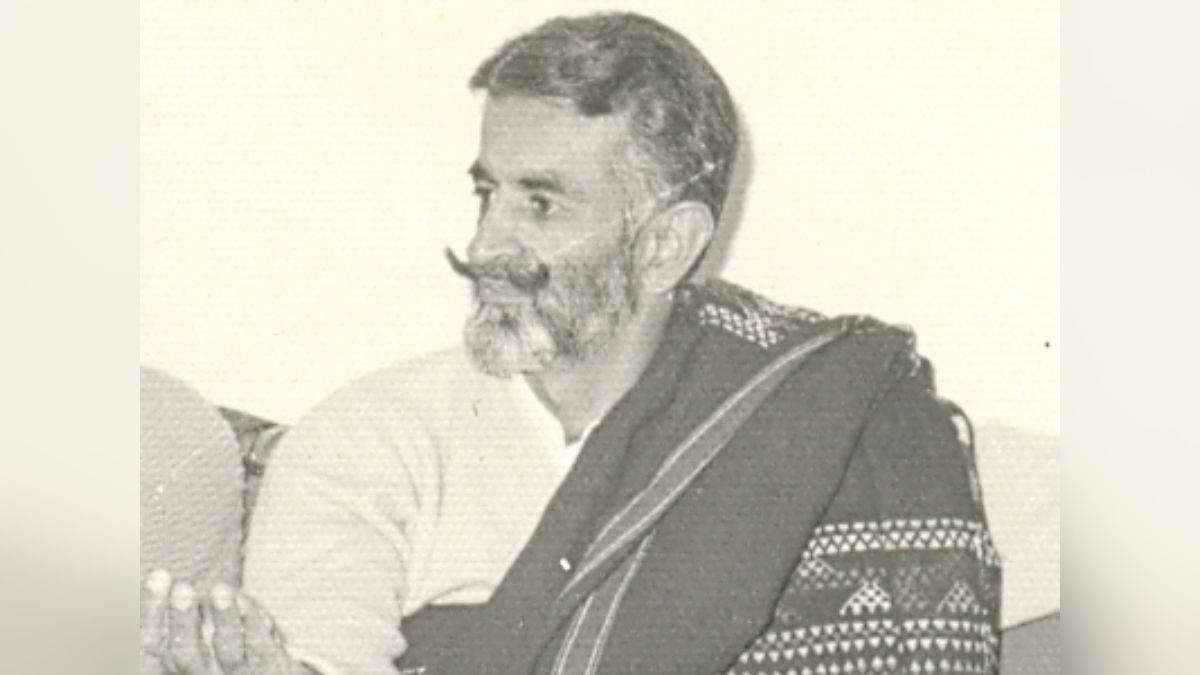The death of Nawab Akbar Khan Bugti in 2006 remains one of the most defining moments in Balochistan’s troubled relationship with the Pakistani state. The veteran nationalist leader, once Governor and Chief Minister of the province, was killed in a military operation deep in the hills of Kohlu.
The use of helicopter gunships, artillery and mortars against an elderly man in his seventies sent a message that dissent in Pakistan’s largest but poorest province would be met with brute force.
Nearly two decades later, his killing continues to haunt Balochistan. For many, Bugti’s death epitomises the state’s reliance on repression over dialogue and explains the cycle of insurgency, enforced disappearances, and anger that endures across the province. It has also become a symbol of what activists and rights groups describe as Pakistan’s “dirty war” against its own people.
How was Nawab Akbar Khan Bugti assassinated?
Bugti was inside a cave hideout in Chalgri, Bhambhoor hills, when the military moved in with heavy bombardment. Officials later suggested the cave collapsed after an explosion during negotiations, but this account has been widely dismissed as an attempt at narrative control. To Baloch nationalists, the operation amounted to assassination under the cover of counter-insurgency.
The violence claimed not only Bugti’s life but also dozens of his followers and more than 20 security personnel. His death sparked widespread protests in Balochistan and urban centres like Karachi, met with a harsh security crackdown that deepened resentment against Islamabad.
What does Pakistani repression of Balochistan look like?
Bugti’s killing was not an isolated incident but part of a larger framework of control in Balochistan. Human rights groups have consistently documented enforced disappearances, extrajudicial killings, and mass graves. Thousands of men, women, and children have gone missing, often after being detained by security agencies, with families left in limbo for years.
Political groups and student organisations face surveillance, harassment, and bans. Even peaceful protests are suppressed with arrests and intimidation. Activists speak of a climate where dissent itself is treated as rebellion.
At the core of the conflict lies economic exploitation layered over political exclusion. Balochistan, rich in natural gas, gold, and minerals, contributes significantly to Pakistan’s resource wealth, but its population continues to live in poverty with limited development. Many view resource extraction as a form of colonisation, reinforcing the sense that Balochistan is ruled, not represented.
The armed struggle, carried out by groups such as the Baloch Liberation Army and Baloch Liberation Front, has become both a reaction to and a reminder of systemic neglect. Pakistan’s response— military operations, information blackouts, and securitisation— has entrenched the crisis rather than resolved it.
How does the world view the crisis?
International organisations like Amnesty International and Human Rights Watch have criticised Pakistan for enforced disappearances and abuses in Balochistan. Y
et the issue rarely receives sustained international attention, overshadowed by larger geopolitical considerations. Activists argue that Bugti’s killing, and what followed, exposes not just domestic repression but also the silence of the global community in the face of a deepening humanitarian tragedy.
